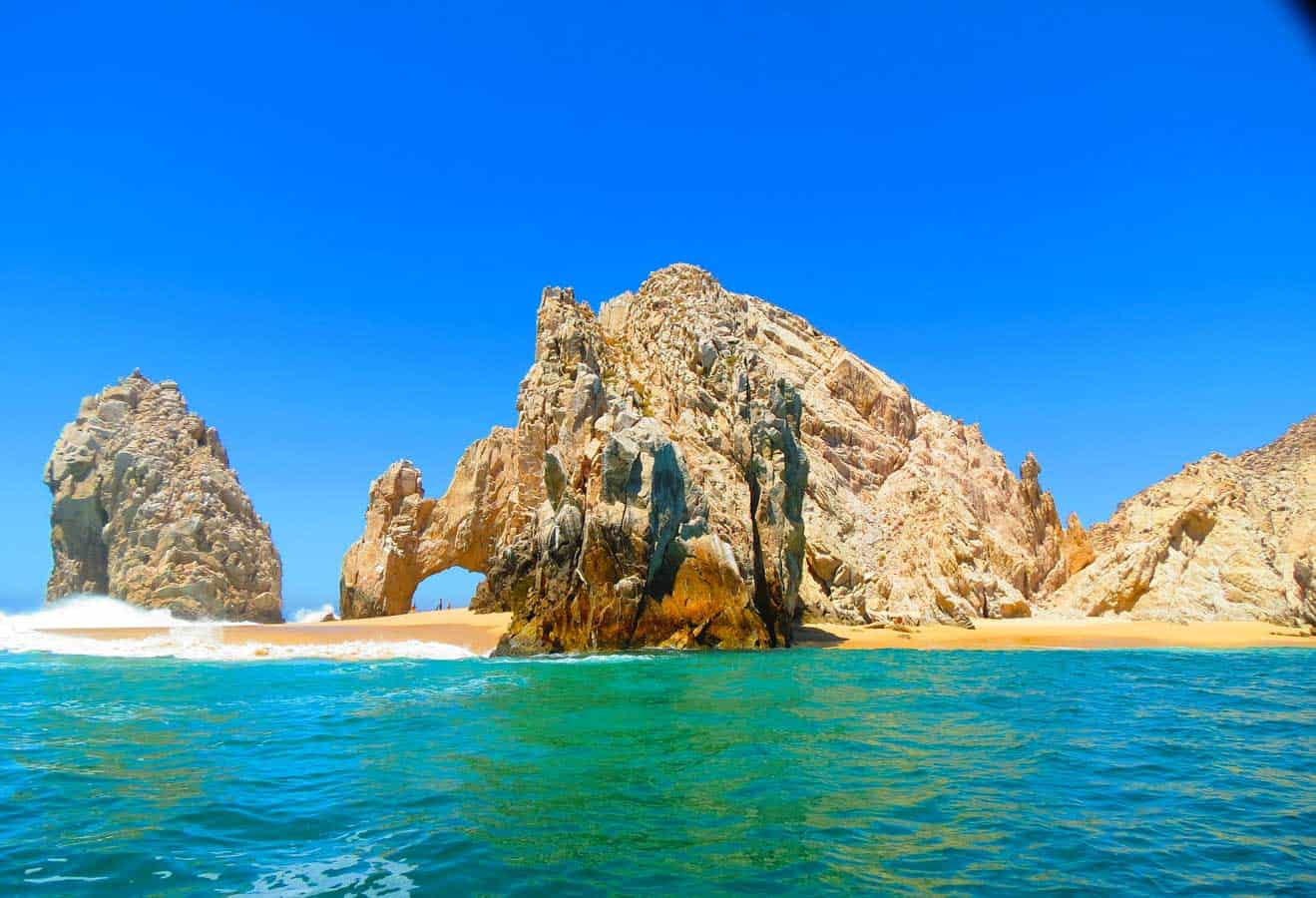 For now the only remaining offices are Tokyo, Berlin and New York.
For now the only remaining offices are Tokyo, Berlin and New York.
The Mexico Tourism Board has announced it is closing all but three of its 21 international offices and funneling the $300 million of federal money used to promote tourism into the construction of a train along the Mayan Peninsula.
“They are extinguishing the Mexico Tourism Board and it will become something different,” said Alfonso Sumano Lazcano, foreign offices managing director at the Mexico Tourism Board’s New York office. “They have not detailed in terms of what the new entity will be.”
The funding had come from the $15 tax on inbound travelers, about 70 percent of which helped to fund the tourism board. About 10 percent has been targeted for immigration. The other 20 percent was earmarked for Fonatur, which funds tourism infrastructure development, including the Mayan train. The reallocation of funds is pending until a new law is passed. Meanwhile, the private sector including hotel groups, airline representatives, CVBs and local tourism boards, is working to lobby federal officials to save some funding for tourism.
“We need to continue marketing Mexico,” Sumano said. “If we get a long gap in terms of promotion, we could see an impact in 12, 15 or 24 months. We need to come up with something quickly.”
“We need to continue marketing Mexico. If we get a long gap in terms of promotion, we could see an impact in 12, 15 or 24 months. We need to come up with something quickly.”
Sumano emphasized that locals, CVBs and tourism offices for Mexico’s main tourism destinations including Los Cabos, Puerto Vallarta, Riviera Nayarit and Quintana Roo Tourism, home to Cancun and Riviera Maya, will continue to promote their destinations.
The Puerto Vallarta Tourism Board generates enough funds to keep its campaign going, according to Gustavo Rivas-Solis, director for ENroute communications, which handles PR for the Tourism Board. “Puerto Vallarta will be one of the fortunate destinations that will continue its presence and relationship with tourism trade and meeting planners.”
Rodrigo Esponda, managing director of the Los Cabos Tourism Board said their entity is in a stable situation, as a 3 percent hotel tax charged in Los Cabos automatically goes to a trust that funds the Tourism Board. The plan was put into place at the end of last year in preparation for the possible end of the MTB. “We definitely want to be part of any strategy in the interests of our country on a national level.”
Eduardo Chaillio, a former executive director of the Mexico Tourism Board, sees some avenues for local destinations to continue promoting their brands.
“Of course I’m sad with this decision, because it took a very long time and great team effort to build trust and to position Mexico in the global meetings market, which is what the Mexico Tourism Board worked at every day,” said Chaillo, now president of his own consultancy company, Global Meetings and Tourism Specialists. “However, I see this as an opportunity for the private sector and individual destinations within Mexico to come forward and take the leadership position.”
Chaillo continued, “This will be the new way of marketing Mexico towards the business event decision makers. These two groups need to come to the table with ideas, with Investments, with aggressiveness, and put themselves in the position to market Mexico’s attributes forward. I think a lot has been done with the brand, and it is now the turn of the product owners to connect with those buyers.










